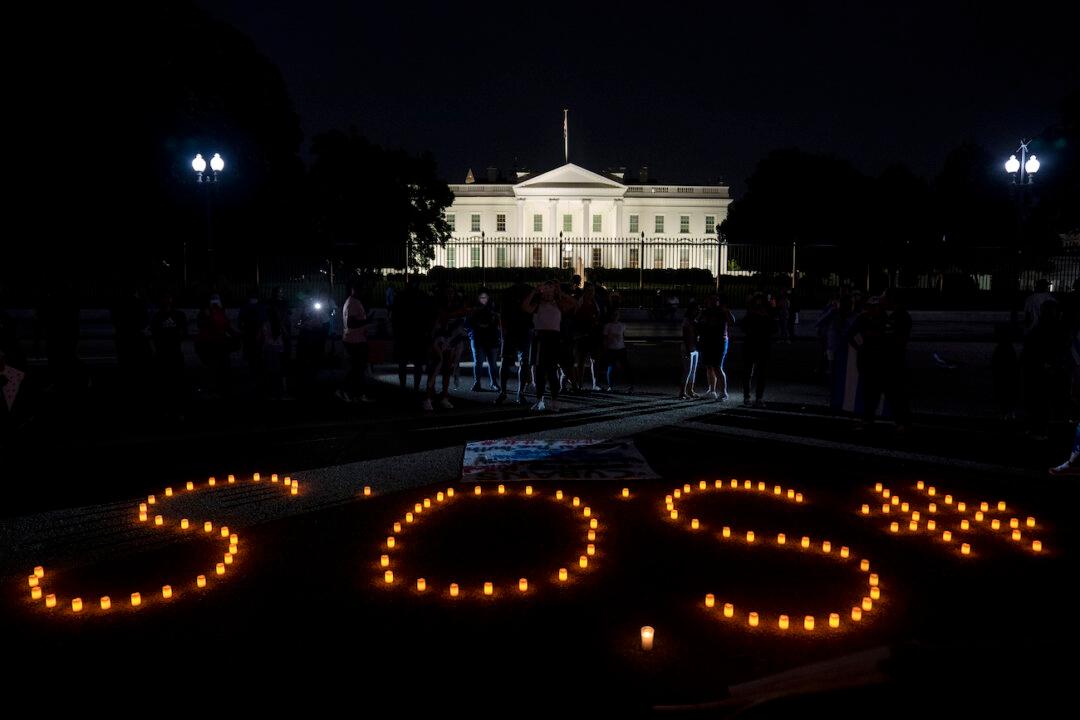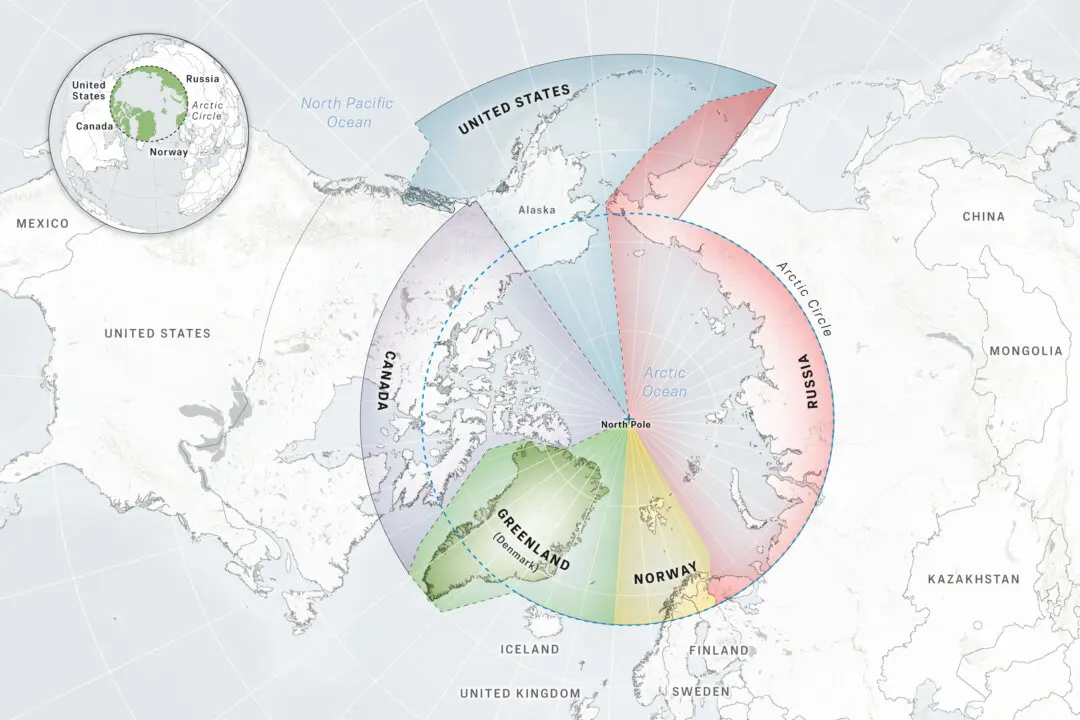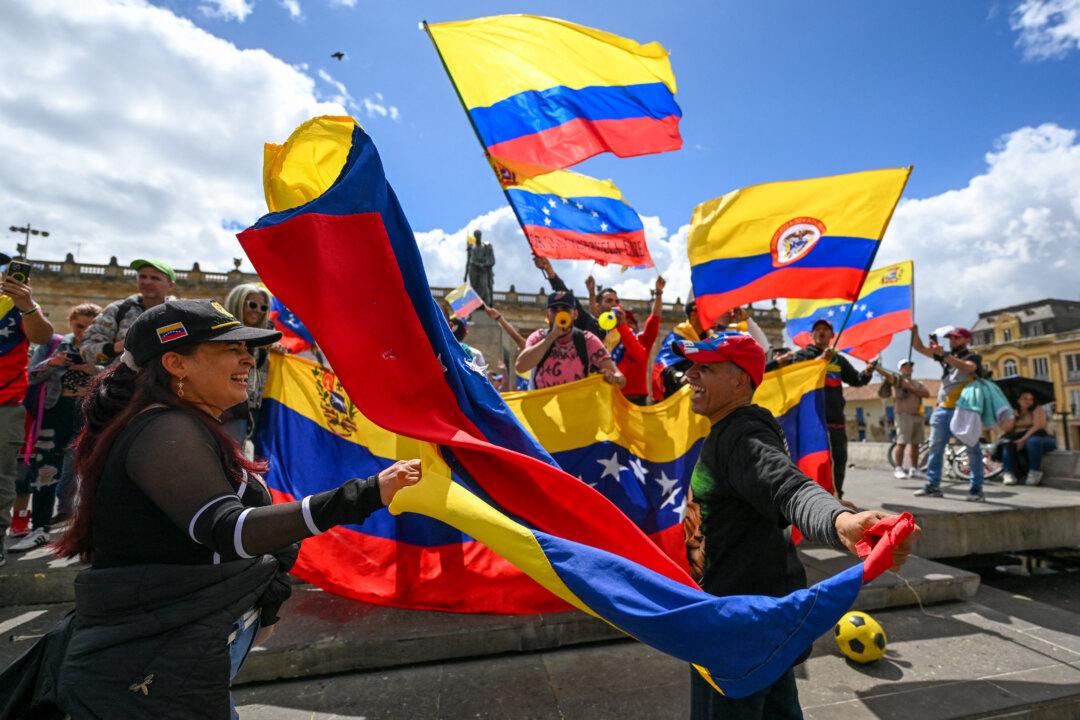SANTA CRUZ, Bolivia—As part of a humanitarian relief effort for Cuba’s long struggling population the organizations Code Pink, People’s Forum, and Puentes de Amor (Bridges of Love), coordinated a shipment of almost seven tons of powdered milk on Jan. 15 amid ongoing critical food and medical supply shortages.
The grassroots mobilization is the second delivery of goods organized by the NGO groups since November 2021, when eight tons of canned tuna and pasta were sent to Havana via charter flight from Miami.





